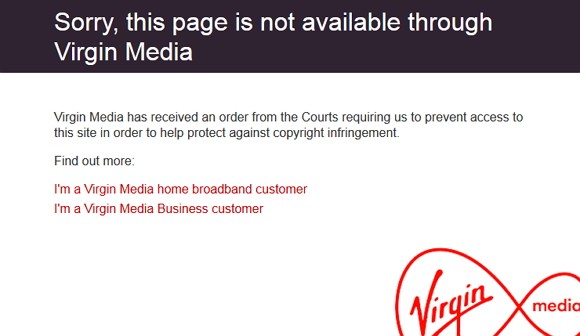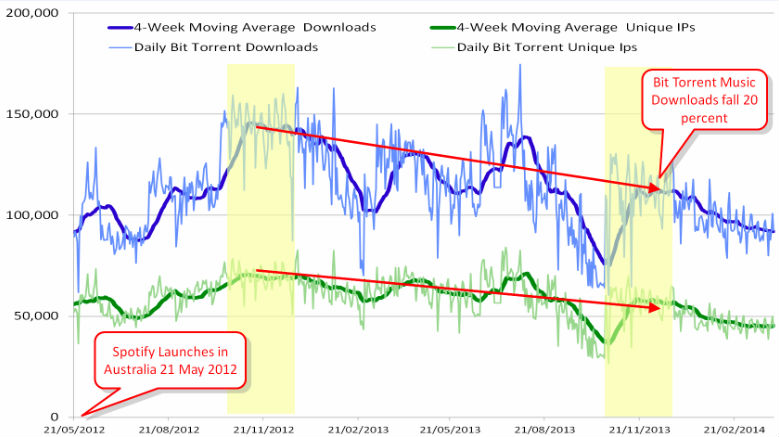Cinema Staff Rewarded For Spotting Movie Cammers
vendredi 12 septembre 2014 à 09:21 Every few months the UK’s Federation Against Copyright Theft (FACT) reports on a scheme designed to cut down on the instances of camcorded movies appearing on the Internet.
Every few months the UK’s Federation Against Copyright Theft (FACT) reports on a scheme designed to cut down on the instances of camcorded movies appearing on the Internet.
The Take Action initiative, which has been in place since 2006, is funded by UK film distributors via the Film Distributors’ Association (FDA). In addition to funding educational campaigns and school resources on copyright, the project also provides night-vision goggles for catching potential pirates in the act.
In a new bulletin FACT and FDA report that nine members of staff from Cineworld, Odeon and Vue cinemas have become the latest to be commended for disrupting unauthorized movie recording in the UK.
“FDA is delighted to recognize the on-going vigilance of our colleagues in cinema exhibition across the UK,” said FDA Chief Executive Mark Batey.
“They are at the frontline of the fight against film theft, and a vital part of our programme to make the UK as secure a market in which to release movies as possible.”
The cammer catchers
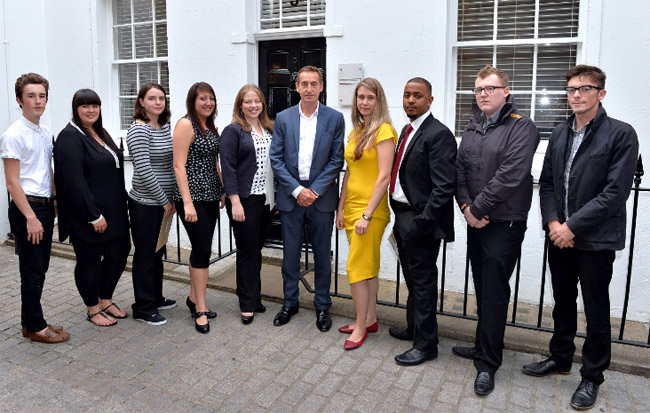
In addition to general recognition, the individuals pictured above were presented with certificates and unspecified cash rewards. Although not quantified by FACT this time around, in the past rewards have varied, from up to £700 per person in 2012 down to £500 per person in 2013.
FACT reports that the nine individuals were involved in seven ‘incidents’, all of which were attended by the police. In five incidents the alleged cammers accepted police cautions, with one incident leading to an arrest.
The latest statistics are down on figures last reported by FACT, both in terms of overall incidents and people being rewarded. During the reporting period April 2013 to December 2013, a dozen alleged cammers of major movies were spotted in UK cinemas resulting in five arrests but no prosecutions. A total of 15 cinema workers picked up rewards.
It’s noteworthy, however, that apprehending those who record movies and then illegally distribute copies online doesn’t have to start and end in the cinema. FACT’s recent private prosecution of a man who recorded Fast and Furious 6 led to a prison sentence of almost three years, even though he managed to record the movie without being spotted. FACT are quick to recount this cautionary tale.
“As the recent sentencing of Philip Danks to a 33 month custodial sentence demonstrates, the illegal recording of films is a serious crime which carries serious consequences, both for the perpetrators and the industry they violate,” said FACT Director General Kieron Sharp.
The latest camming figures reported by FACT vary enormously from events six years ago. Documents previously obtained by TorrentFreak revealed that in 2008 there were 50 camming incidents in UK cinemas, with police attending on just two occasions. One resulted in a couple receiving official cautions but in the majority of cases people observed camming simply left the building.
It’s unclear whether today’s lower figures indicate a growing reluctance to test out the patience of both FACT and the police. However, even for those who do get away with the initial recording, recent events show that subsequently uploading that content to the Internet has the potential to elicit a big response.
Source: TorrentFreak, for the latest info on copyright, file-sharing and anonymous VPN services.

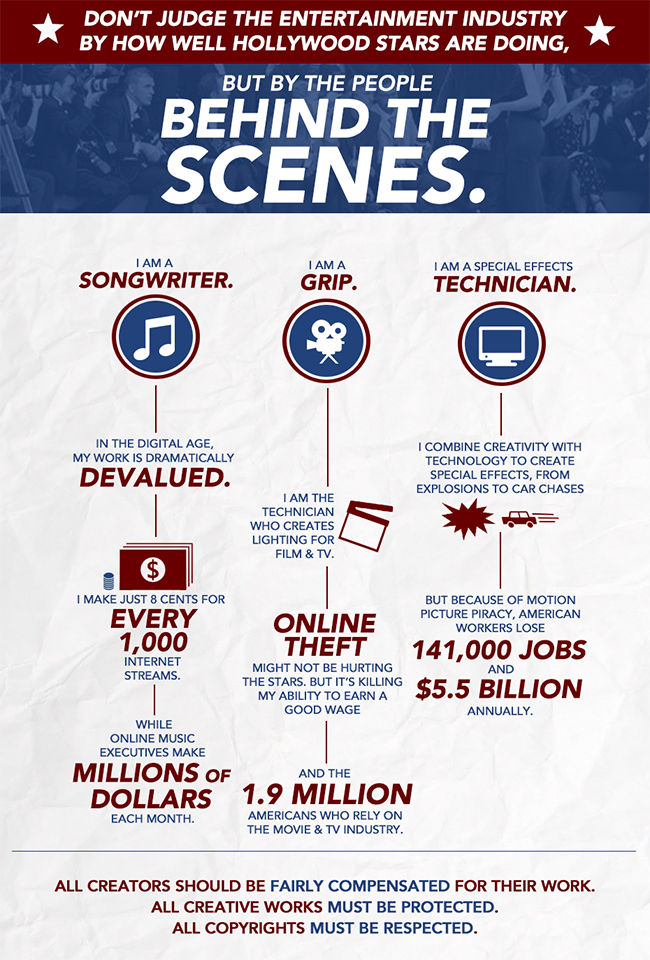
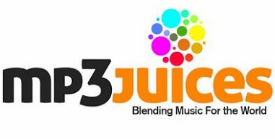
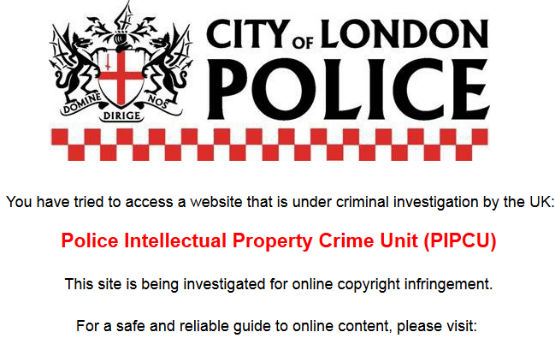
 After years of legal action, arrests, and placing people like Gottfrid Svartholm and Peter Sunde behind bars, it became clear to copyright holders that trying to directly shutdown The Pirate Bay would not be easy.
After years of legal action, arrests, and placing people like Gottfrid Svartholm and Peter Sunde behind bars, it became clear to copyright holders that trying to directly shutdown The Pirate Bay would not be easy.

